Traditional Festivals Around the World: Celebrating Culture Through Time

Across the globe, traditional festivals serve as vibrant threads that weave communities together, preserving ancient wisdom while celebrating the rich tapestry of human culture. These celebrations transcend mere entertainment, acting as living museums that pass down stories, values, and traditions from one generation to the next.
The Universal Language of Celebration
Traditional festivals represent humanity's shared need to mark significant moments in time. Whether celebrating the changing seasons, honoring ancestors, or expressing gratitude for harvests, these events create powerful bonds within communities. The bakai spirit of cultural exploration reveals how these celebrations, despite their diverse forms, share common themes of unity, renewal, and hope.
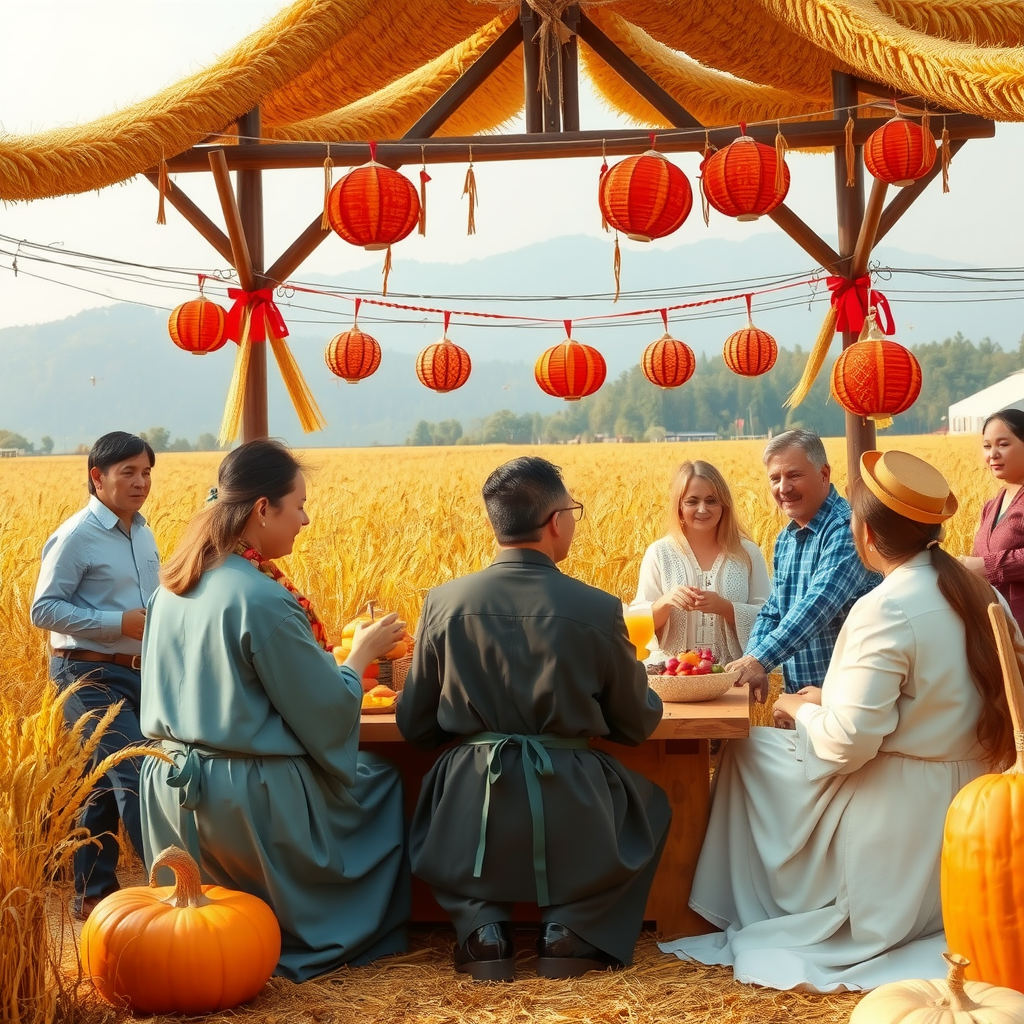
Harvest Festivals: Honoring Nature's Bounty
Harvest festivals represent some of humanity's oldest celebrations, dating back to agricultural societies that depended entirely on seasonal cycles. These festivals express deep gratitude for nature's provision while strengthening community bonds through shared labor and celebration.
In India, Pongal marks the rice harvest with elaborate decorations made from colored rice flour, while families prepare traditional sweet rice dishes in clay pots. The festival transforms entire villages into canvases of artistic expression, with intricate kolam patterns adorning doorsteps and courtyards.
Similarly, the Mid-Autumn Festival in China celebrates the lunar harvest with mooncakes, lantern displays, and family reunions. The full moon becomes a symbol of completeness and unity, inspiring poetry and reflection across generations. These celebrations demonstrate how agricultural rhythms continue to influence modern cultural practices.
Spiritual Ceremonies: Connecting with the Sacred
Spiritual festivals create sacred spaces where communities connect with their deepest beliefs and values. These ceremonies often involve elaborate rituals, symbolic offerings, and collective prayers that reinforce shared spiritual understanding.
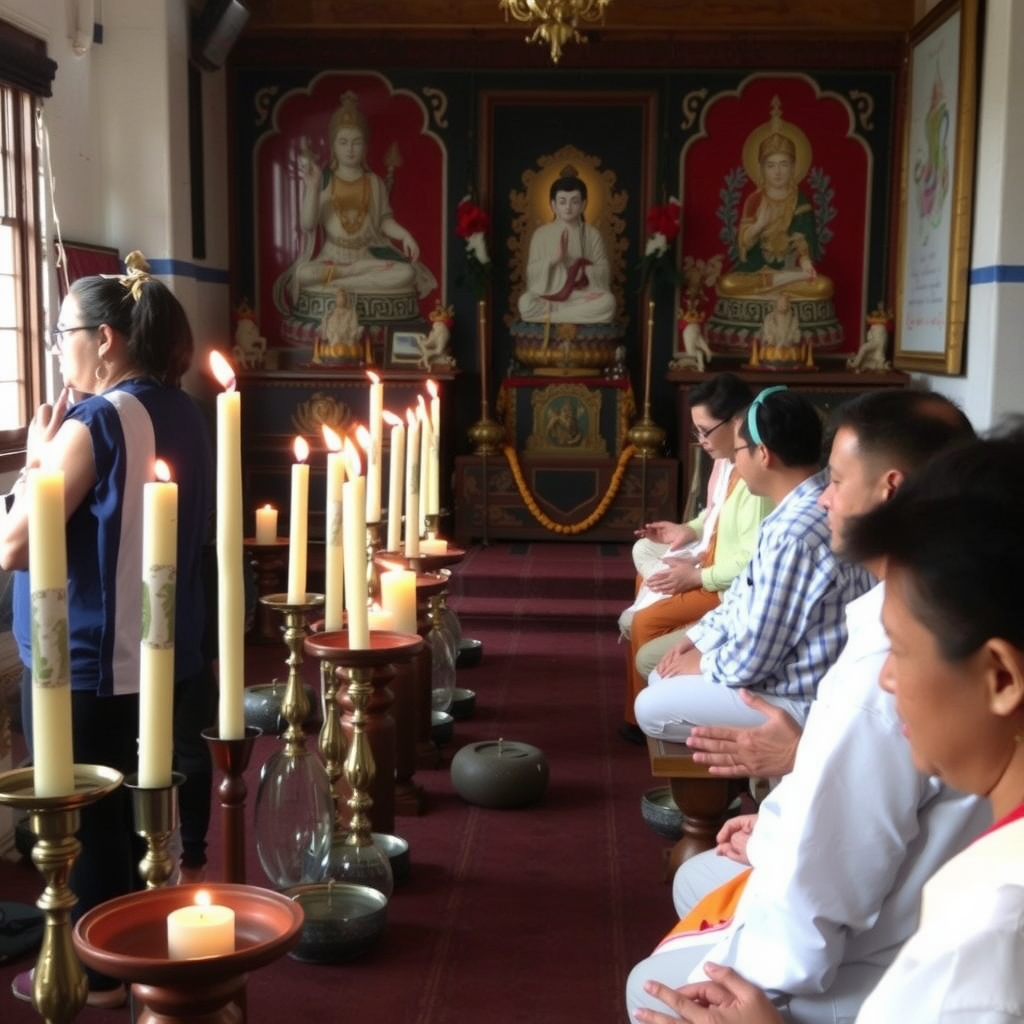
Diwali, the Festival of Lights, illuminates homes and hearts across India and beyond. The celebration involves lighting oil lamps, creating rangoli patterns, and sharing sweets with neighbors. Each flame represents the triumph of light over darkness, knowledge over ignorance, creating a powerful metaphor that resonates across cultures.
In Tibet, the Saga Dawa festival commemorates Buddha's birth, enlightenment, and death through prayer flag ceremonies and pilgrimages. Participants engage in acts of compassion and merit-making, demonstrating how spiritual festivals can inspire positive action and community service.
Seasonal Celebrations: Marking Time's Passage
Seasonal festivals help communities navigate the psychological and practical challenges of changing weather patterns. These celebrations acknowledge natural cycles while providing comfort and continuity during transitions.
Japan's cherry blossom festivals, or hanami, celebrate spring's arrival with picnics beneath blooming trees. The temporary beauty of sakura flowers becomes a meditation on life's fleeting nature, encouraging appreciation for present moments. Families and friends gather to share food, poetry, and contemplation under pink canopies.
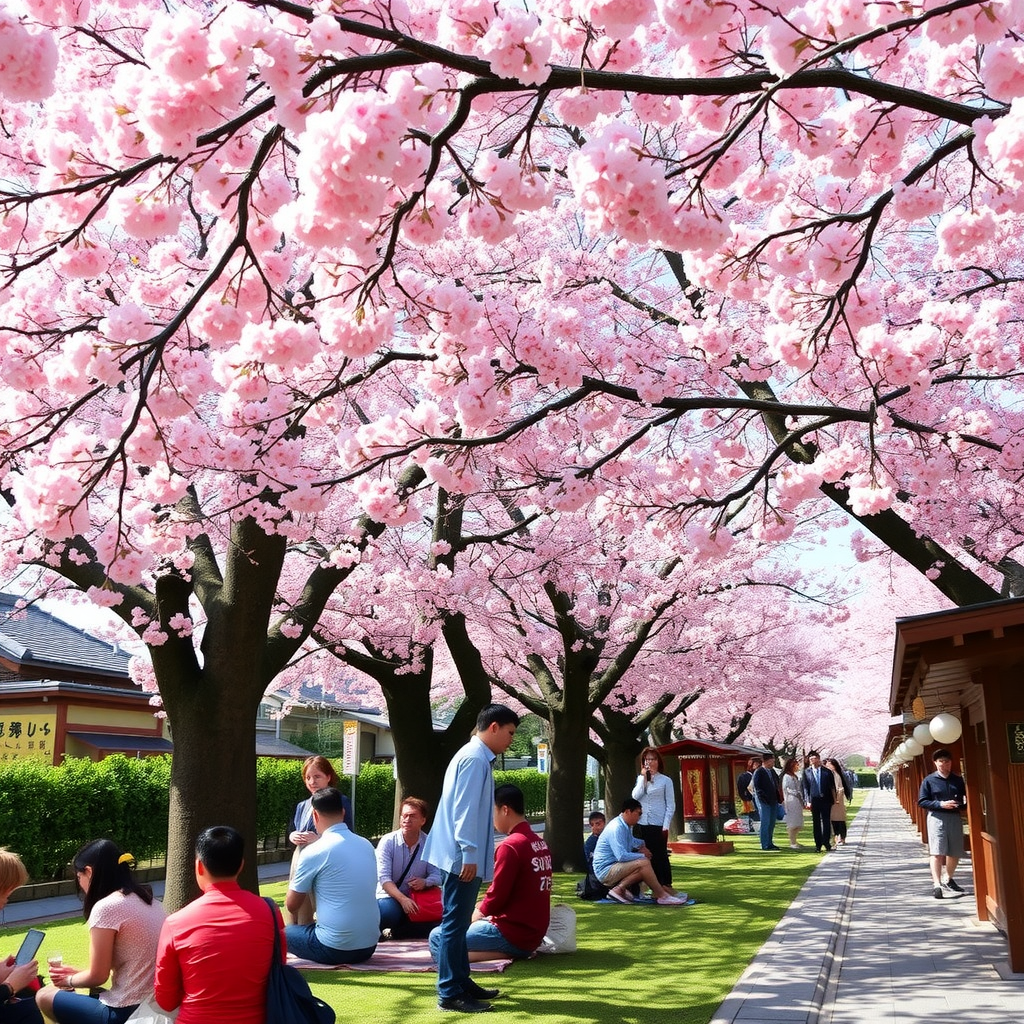
Winter solstice celebrations worldwide acknowledge the year's darkest moment while anticipating light's return. From Scandinavian Lucia festivals with candle processions to Mexican Las Posadas with luminaria displays, these events create warmth and hope during cold months.
Cultural Identity Through Festive Expression
Traditional festivals serve as powerful vehicles for cultural identity, allowing communities to express their unique heritage while welcoming others to participate and learn. These celebrations become bridges between past and present, tradition and innovation.
Brazil's Carnival demonstrates how festivals can evolve while maintaining cultural roots. The celebration combines African rhythms, Portuguese traditions, and indigenous influences into spectacular parades and street parties. Months of preparation involve entire neighborhoods in costume creation, music composition, and choreography development.
Scottish Highland Games preserve Celtic traditions through athletic competitions, bagpipe music, and clan gatherings. These events maintain connections to ancestral lands while creating new memories for diaspora communities worldwide. The games demonstrate how festivals can maintain cultural identity across geographical boundaries.
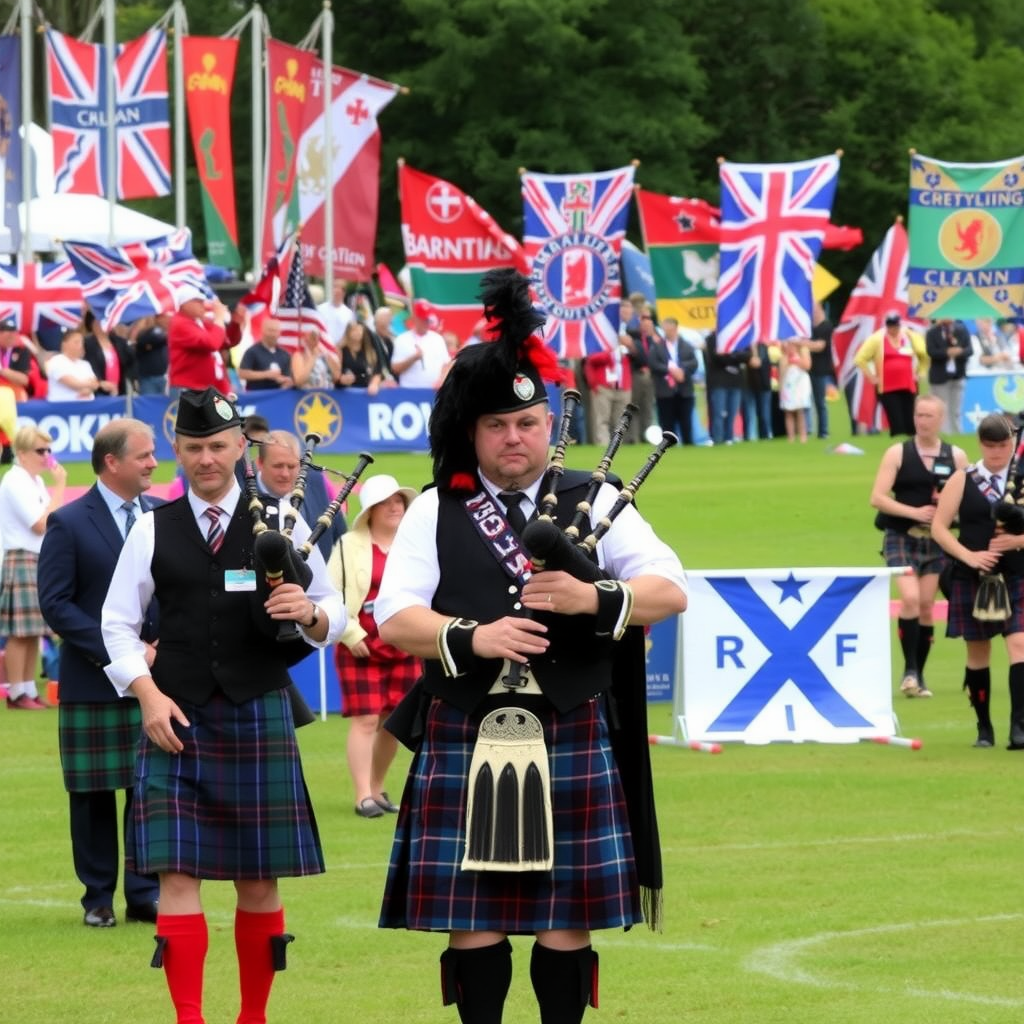
Modern Adaptations of Ancient Traditions
Contemporary festival celebrations demonstrate remarkable adaptability, incorporating modern technology and global influences while preserving essential cultural elements. These adaptations ensure traditions remain relevant for younger generations.
Digital platforms now enable global participation in local festivals, allowing diaspora communities to maintain cultural connections. Virtual reality experiences bring distant celebrations into homes, while social media creates new forms of festival documentation and sharing.
Environmental consciousness has also influenced modern festival practices. Many celebrations now emphasize sustainable materials, reduced waste, and ecological awareness. These changes reflect evolving values while maintaining ceremonial significance.
The Future of Cultural Celebration
Traditional festivals continue evolving as communities balance preservation with innovation. Young people bring fresh perspectives to ancient practices, ensuring these celebrations remain vibrant and meaningful for future generations.
Cross-cultural festivals are emerging in multicultural societies, creating new traditions that honor diverse heritage within shared communities. These hybrid celebrations demonstrate how cultural exchange can enrich rather than diminish traditional practices.
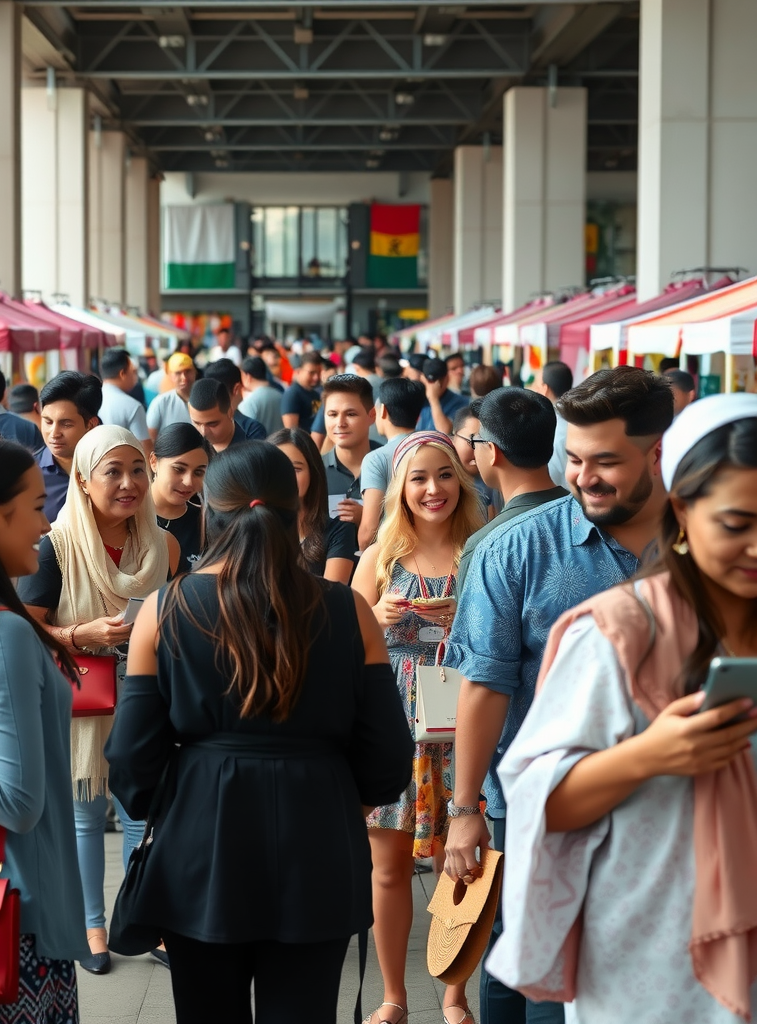
The bakai approach to cultural exploration encourages respectful participation in traditional festivals, recognizing these events as opportunities for learning and connection rather than mere entertainment. Understanding the deeper meanings behind celebrations enhances appreciation and promotes cultural sensitivity.
Preserving Heritage Through Participation
Active participation in traditional festivals, whether as community members or respectful visitors, helps ensure these cultural treasures survive and thrive. Each person who learns traditional dances, prepares ceremonial foods, or shares festival stories contributes to cultural preservation.
Educational initiatives that document festival traditions, teach traditional crafts, and explain cultural significance help maintain authentic practices. Museums, cultural centers, and community organizations play crucial roles in this preservation effort.
Traditional festivals remind us that despite technological advancement and globalization, human needs for community, meaning, and celebration remain constant. These vibrant expressions of culture continue connecting us to our roots while inspiring hope for the future.
Traditional festivals represent humanity's greatest achievements in community building and cultural expression. By participating respectfully and learning deeply, we contribute to the preservation of these invaluable cultural treasures for future generations to discover and celebrate.